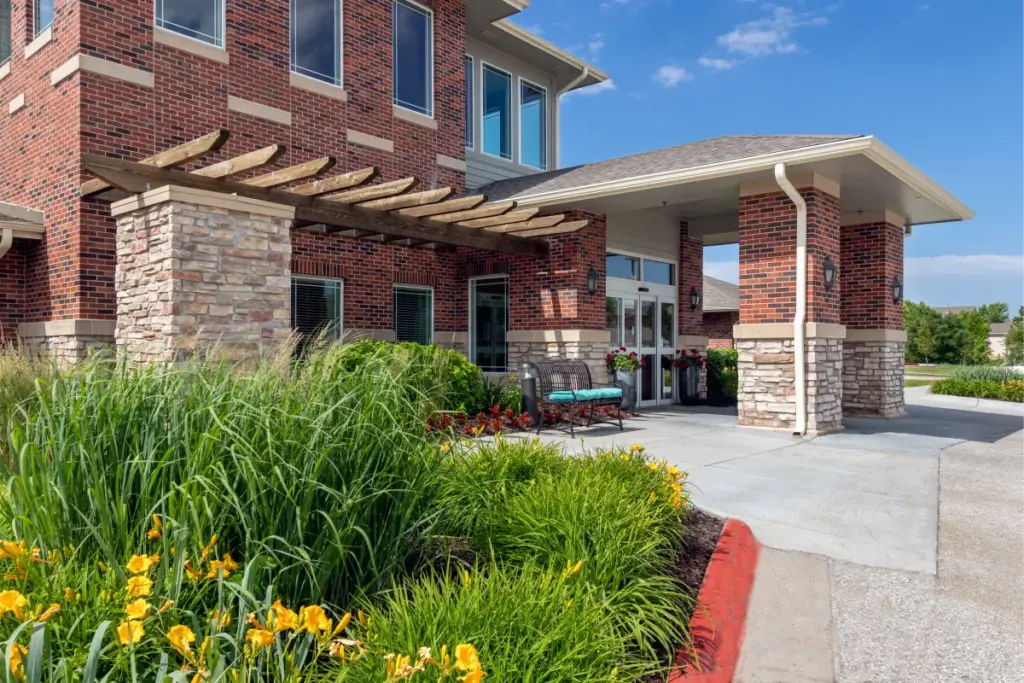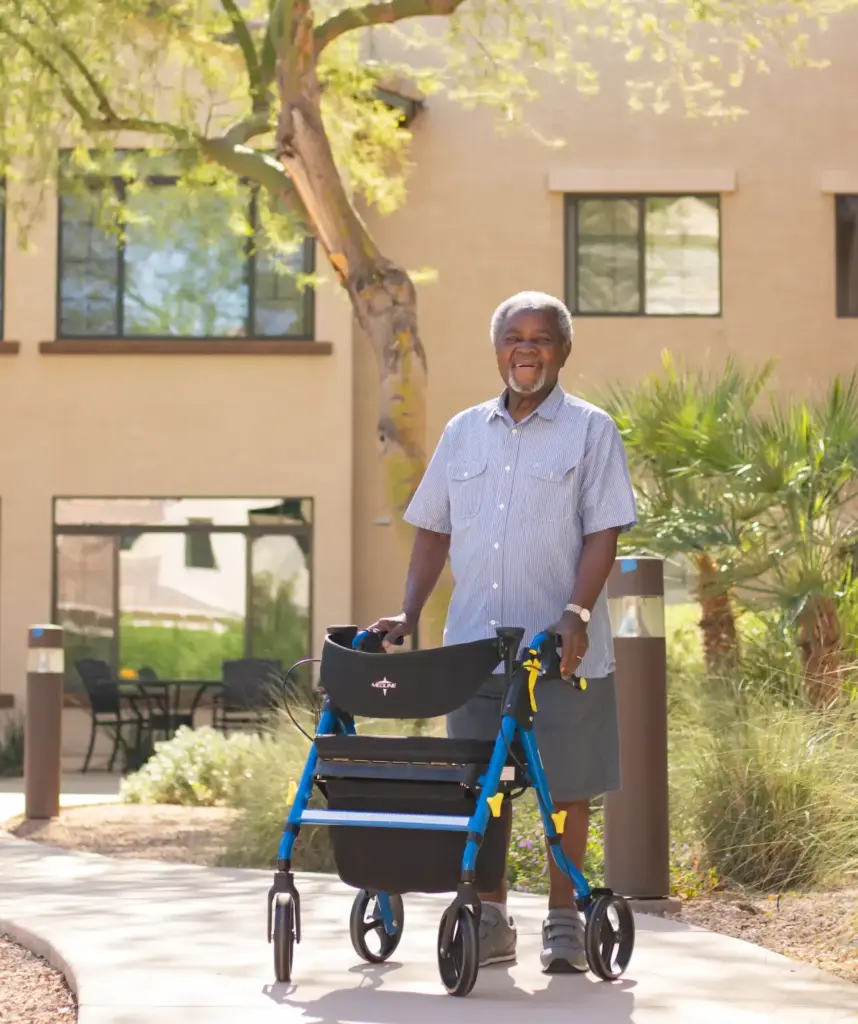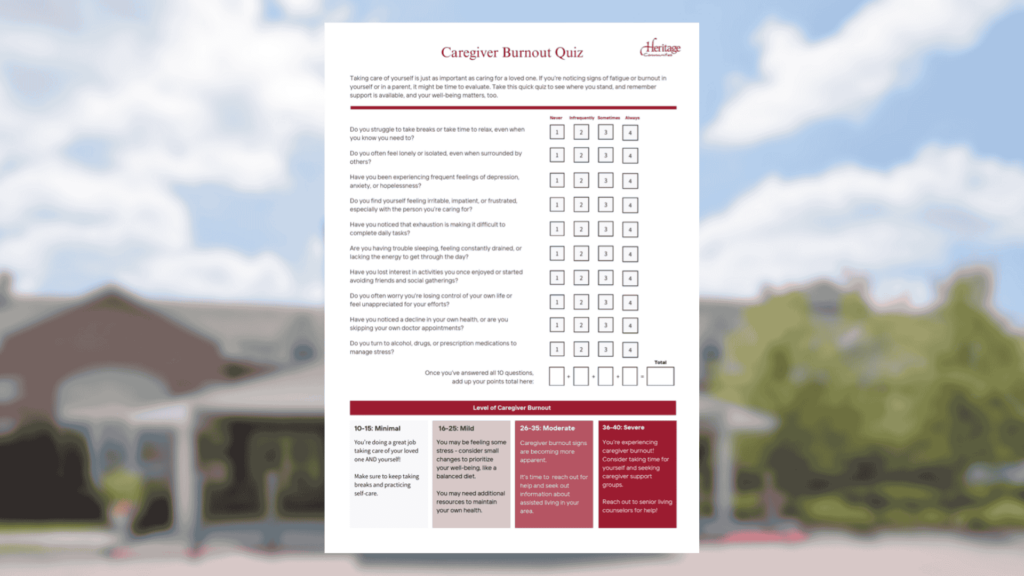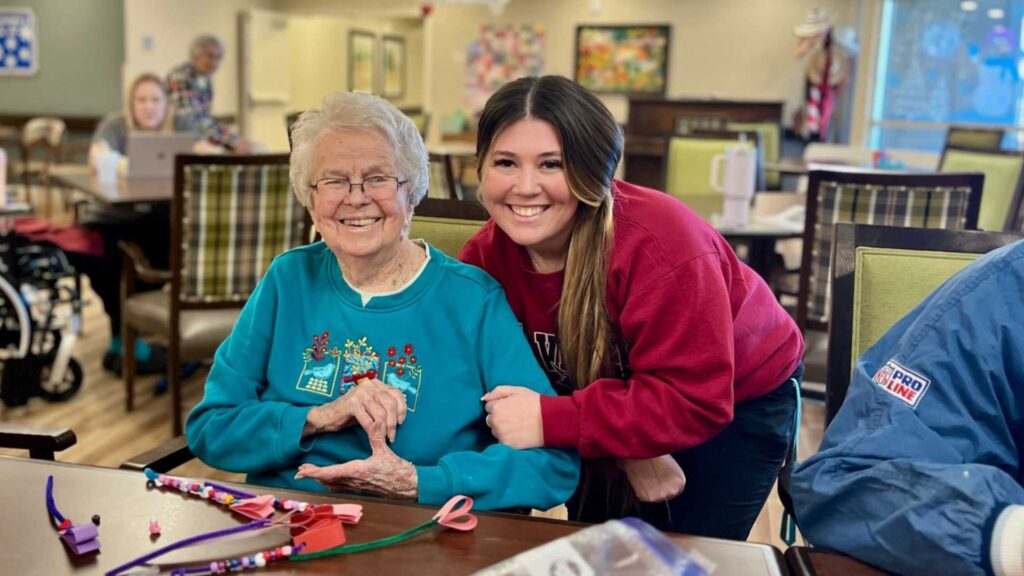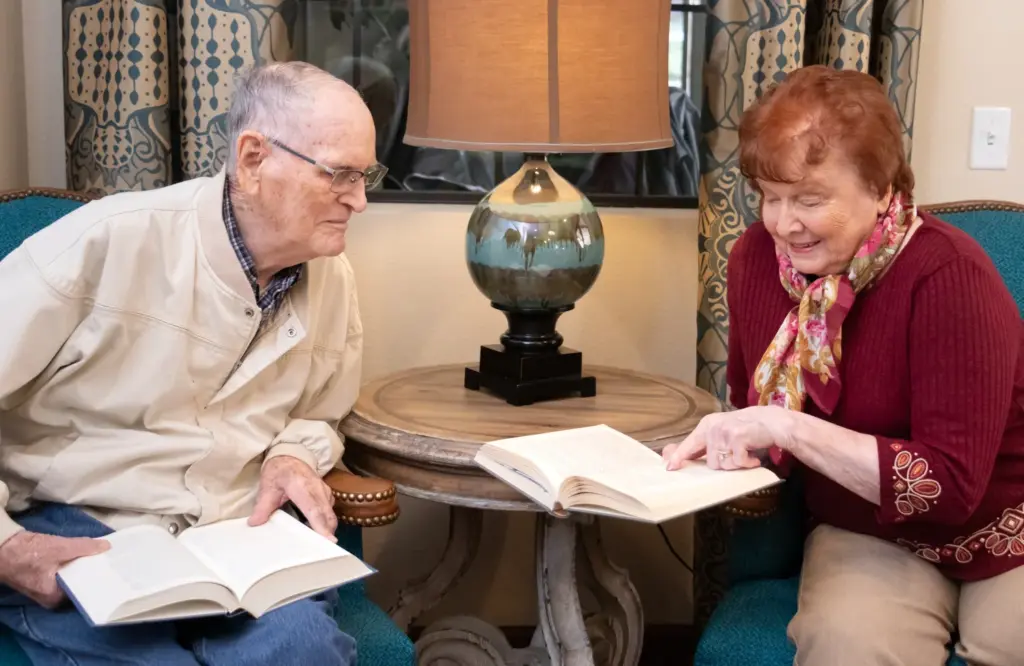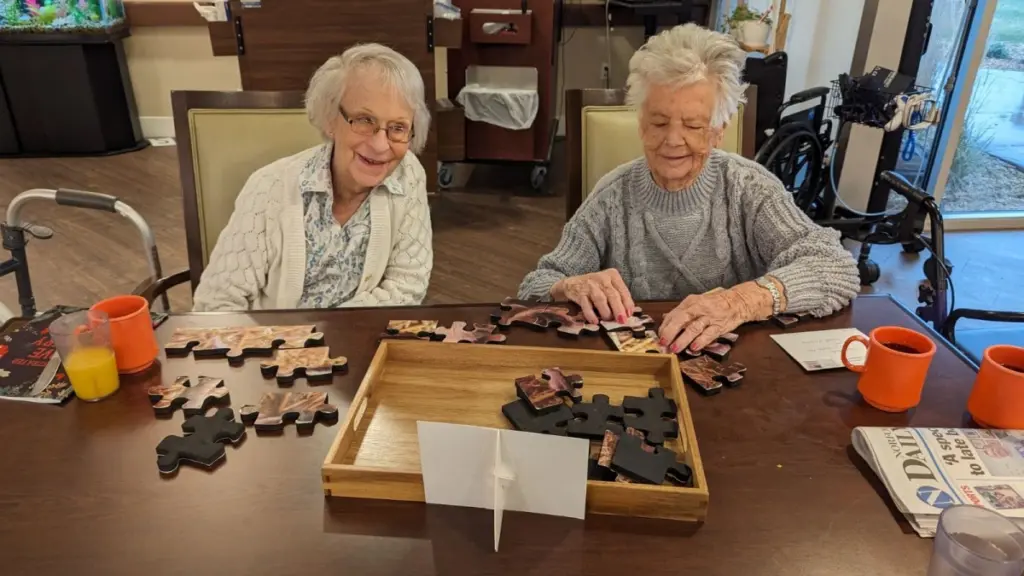What to Expect in a Memory Care Community
If your loved one has been diagnosed with Alzheimer’s disease or another type of dementia, you may find your family has more questions than answers. In particular, you may wonder how you can help them make the most of life. Is it best to care for them at home, or if you should consider a...

If your loved one has been diagnosed with Alzheimer’s disease or another type of dementia, you may find your family has more questions than answers. In particular, you may wonder how you can help them make the most of life. Is it best to care for them at home, or if you should consider a memory care community?
Without truly understanding what memory care is, it may be difficult to determine the best next steps. The following information was compiled in order to help you make sense of memory care options, and to assist you along your decision-making process.
Memory Care Defined
First, let’s start with defining exactly what memory care is. This type of senior living is designed for those with Alzheimer’s disease or another type of dementia. It offers specially trained staff, individualized support, 24-hour supervised care, a safe and comforting environment, plus opportunities to be active while having purpose and experiencing joy each day.
There are two types of settings in which memory care can be found:
- A neighborhood within an assisted living community
- A stand-alone memory care community
What You’ll Find in a Memory Care Community
While not every memory care community is the same, there are usually some common features in which you can expect such as:
- Private or semi-private accommodations
- Increased and ongoing staff training in memory care
- Three daily meals, with assistance as needed
- Medication management
- Support with daily tasks such as bathing, dressing and eating
- Cognitive and physical therapy
- Health and wellness programs
- Coordinated social and enrichment activities
- Housekeeping and laundry services
- An easy to navigate layout
- Secured building access and communication system for prompt assistance
Daily Life in Memory Care at Heritage
Heritage Communities has created a one-of-a-kind, exclusive program for those with cognitive impairment, called Portraits. The Portraits program is based on the philosophies and principles of Dr. Maria Montessori and is centered on enhancing our memory care residents’ current abilities (rather than what they are no longer able to do), all while adding purpose and meaning to their lives.
Here, your family’s experience in a memory care community begins with an assessment of your loved one’s needs in addition to learning their likes, dislikes, interests and other key life details so we can create an individualized care plan that includes:
- Engaging, multi-sensory activities specific to each resident
- Individualized daily schedules based on interests, abilities, needs and wants
- Roles and routines that give purpose and allow residents to contribute to their environment
- Social events and transportation
- A private or shared memory care suite
- Certified support by staff trained in accordance with the Alzheimer’s Association of America guidelines
Then, as our team members spend more time with your loved one, that plan evolves based on their observations about what specific challenges the resident faces as well as what responsive behaviors are occurring and why. Because we know that dementia affects each resident differently, this allows us to provide the most appropriate cueing and reminders, in addition to the most beneficial routine and environmental support for your loved one’s specific needs.
A Memory Care Community versus At Home
While deciding if or when it’s time to consider memory care is a decision only your family can make, the decision ultimately comes down to where your loved one will be able to make the most of life. This goes beyond safety and care; to whether they have enough social stimulation as well as opportunities to stay active and to find purpose. And, just as importantly, whether you and your family members are able to spend enough quality time as their son, daughter, husband or wife versus their caregiver.
Heritage Communities offers a range of options—from home care to independent and assisted living, memory care, and respite services for older adults—in Nebraska, Iowa, and Arizona. We encourage you to call the Heritage Communities location nearest you to learn more. Download our guide, How to Fund Senior Care and Housing, for information on the options to fund senior living.

